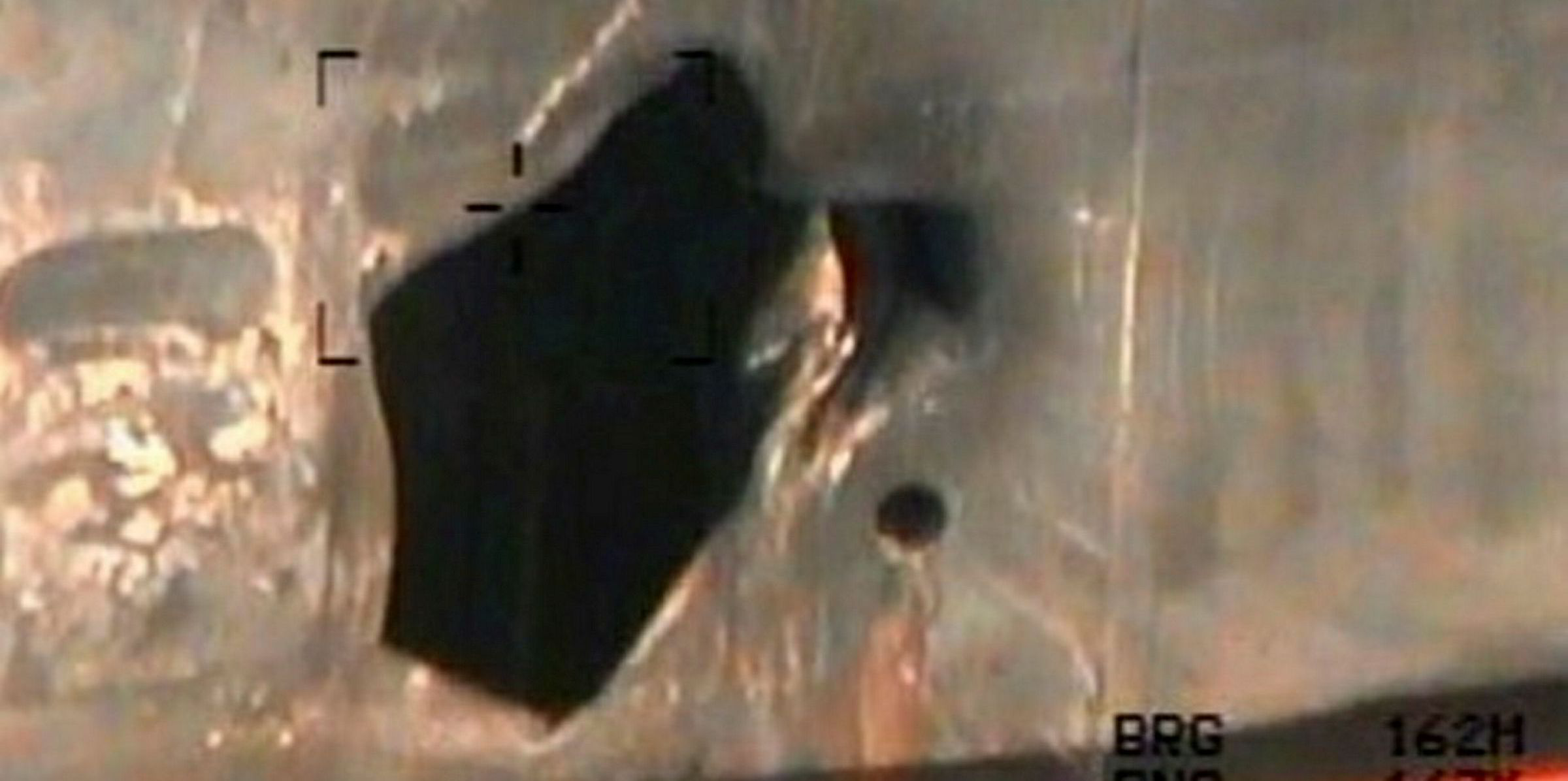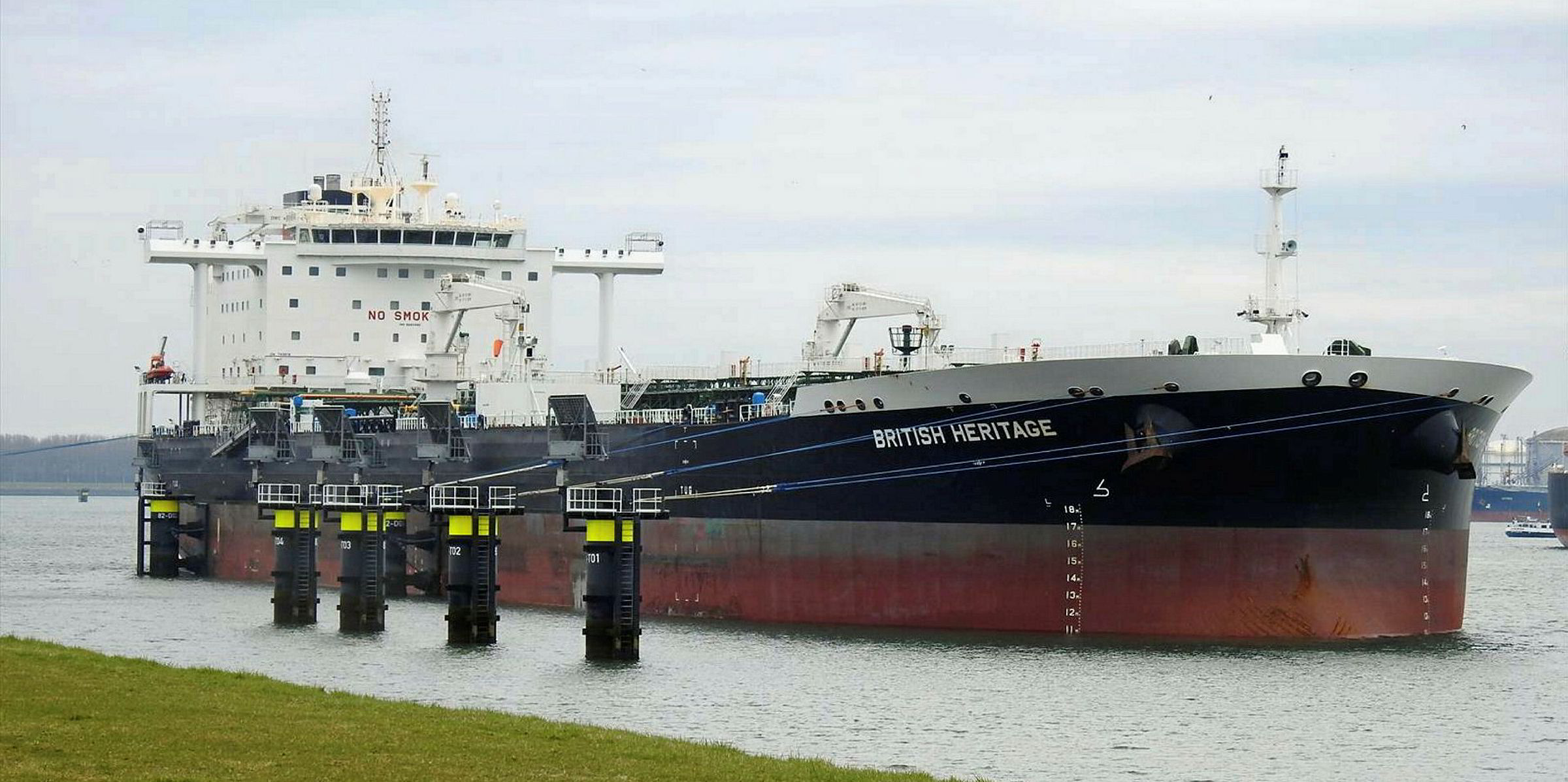The US is sending more troops to the Middle East as the government released new photos claiming to show evidence of a mine attack on a Japanese tanker in the Strait of Hormuz last Thursday.
Acting secretary of defence Patrick Shanahan said in a statement that he had authorised 1,000 additional troops to be sent "to address air, naval, and ground-based threats in the Middle East."
"The recent Iranian attacks validate the reliable, credible intelligence we have received on hostile behavior by Iranian forces and their proxy groups that threaten United States personnel and interests across the region," he added.

Shanahan said the US does not seek conflict with Iran.
"The action today is being taken to ensure the safety and welfare of our military personnel working throughout the region and to protect our national interests," he added.
"We will continue to monitor the situation diligently and make adjustments to force levels as necessary given intelligence reporting and credible threats."
The Pentagon released new photos on Monday showing what it claims is Iranian mine-attack damage to the hull of the 27,000-dwt Kokuka Courageous (built 2010) in the Strait of Hormuz on Thursday.
But the vessel's owner Kokuka Sangyo had earlier appeared to refute Washington’s claim that a limpet mine was attached to the ship.
On Friday, president Yutaka Katada told reporters in Tokyo: “I do not think there was a time bomb or an object attached to the side of the ship.”
Based on the crew’s accounts, the tanker was damaged by two “flying objects”, according to Katada.
Iran has denied involvement.
Saudi Arabia calls for cooperation
Saudi Arabia is urging cooperation to secure crude supplies following last week's attacks on the Japanese ship and a Frontline LR2 off Iran.
Energy minister Khalid al-Falih said countries need to work together to keep shipping lanes open.
He added that his country would do everything necessary to ensure safe passage for energy cargoes.
“We’ll protect our own infrastructure, our own territories and we are doing that despite the attempts to target some of our facilities,” al-Falih told reporters in Tokyo, Reuters reported.
“But sea lanes of global trade need to be protected collectively by other powers as well. We believe that’s happening, but we need to make sure the rest of the world pays attention,” he said.




